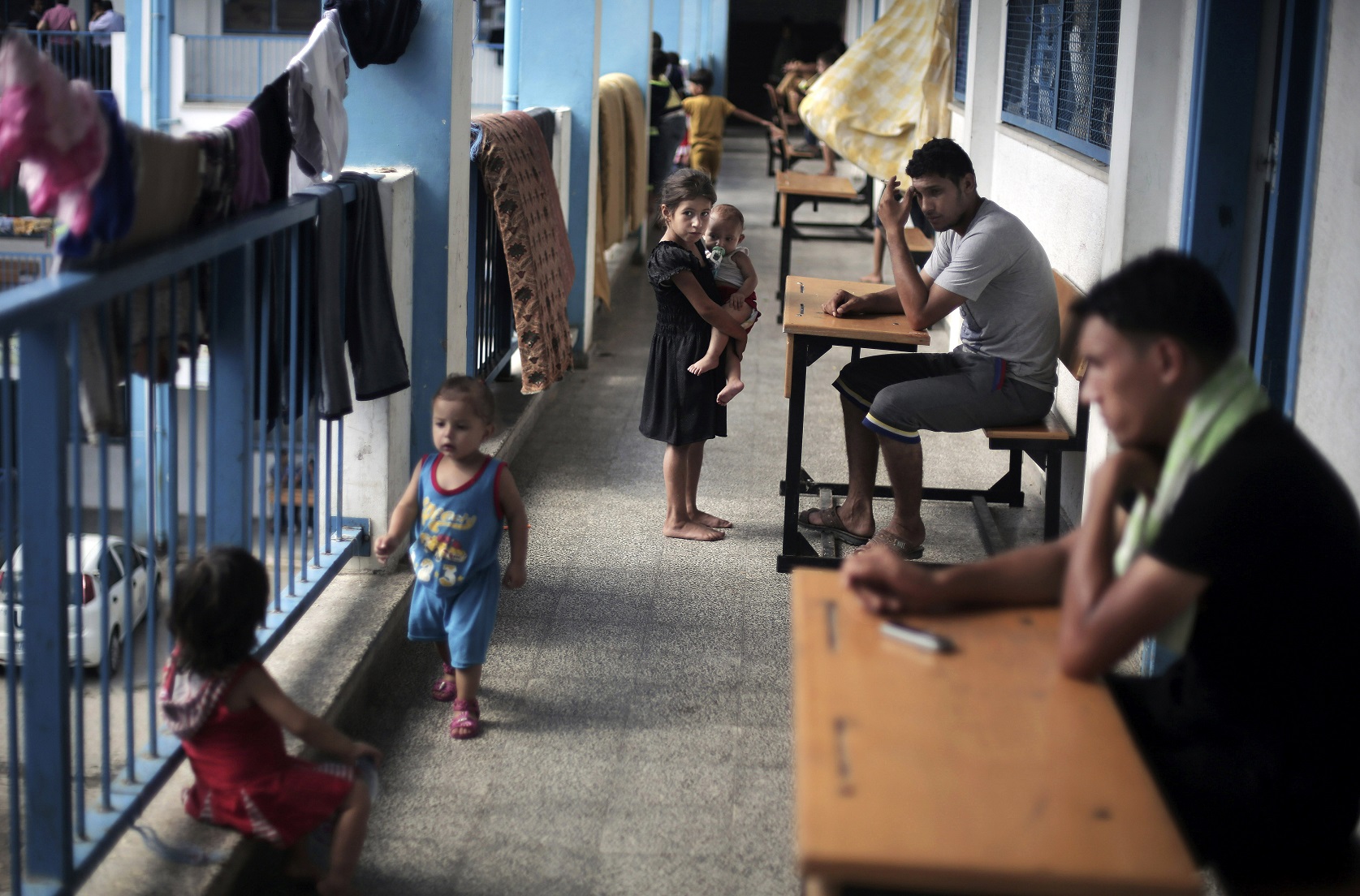Palestinian people fleeing Israel’s occupation of Gaza were most of the victims in the Malta boat incident last week, when hundreds were left to die by human traffickers.
The information comes from survivors interviewed by the Palestinian embassy in Greece, which spoke to two men from Gaza who made it to the Greek island of Crete.
Two other men from Gaza, who made it to Sicily, also gave details to the International Organisation for Migration, a Swiss-based institute.
The original group, which sailed from Damietta in Egypt, is said to have numbered 500 people from Egypt, Palestine, Syria, and Sudan.
But Ahmed Suhail, a Palestinian diplomat in Greece, told EUobserver yesterday that “according to the information we got, around 250 or 300 of them were Palestinians from Gaza”.
A Gaza-based NGO, Adamir, corroborated the statement, telling the Israeli newspaper Haaretz it has collected the names of 400 missing people.

“The whole Gaza Strip is talking about it. It’s such a painful story, as if it’s not enough what happened in the last war and now another blow comes”, the NGO’s director, Halil Abu Shamala, said.
One Gaza resident, Belal, who is planning to make a similar trip in the next few weeks, told EUobserver that Israel’s recent attack has prompted more people to try the crossing.
“We are thinking: It's better to try and to drown in the sea than to stay at home and be killed by Israeli bombs”.
The Israeli offensive - Operation Protective Edge - in July and August killed more than 2,000 people, mostly civilians, injured over 10,000, and caused 440,000 to flee their homes.
It also destroyed houses and harmed electricity and water sanitation facilities in a place which was already on the brink of a humanitarian disaster due to Israel’s seven-year blockade.

Leonard Doyle (picture), an IOM spokesman, told EUobserver he has no proof there is a surge in Gaza migrants following the Israeli attack.
“This [the survivors’ testimony] is the first evidence we’ve seen”, he noted.
But Palestine’s Suhail said: “It [a surge of migrants] began after the Israeli invasion, so our blame goes first of all on the terrible situation caused by the Israeli occupation”.
He thanked Greece for helping those who made it, but he said EU countries should put more pressure on Israel to ease living conditions in the Strip.
“People are now arriving in Europe on a daily basis trying to flee Gaza”, he added.
The Palestinian survivors told the IOM they paid a “travel office” in Gaza $2,000 each using money from grants to rebuild their homes.
Haaretz reports, citing one anonymous people smuggler, that some people pay up to $4,000. They enter Egypt through tunnels under the Rafah crossing point, where buses take them to safe houses in Egypt.
The sea crossing to Europe can take a week because they are forced to keep changing boats.
The smugglers bribe Egyptian officials. They also have agents in south Europe who help migrants get out of detention facilities. Some tell the Palestinians to claim they are Syrians fleeing the civil war.

The survivors told IOM their boat was deliberately rammed by smugglers in waters south of Malta on 11 September when the migrants refused to board a smaller vessel.
“After they hit our boat they waited to make sure that it had sunk completely before leaving. They were laughing”, one survivor said.
Some people floated in the sea for three days before bad weather set in. One survivor who made it to Crete was a two-year old girl.
The IOM’s Doyle noted that some 3,000 people have drowned trying to make the sea crossing so far this year, compared to 700 in all of 2013.
He added the increase in Mediterranean deaths comes at a time when irregular crossings in other hotspots - such as the US border with Mexico or Australia’s northern shores - are down by 40 to 100 percent.
IOM has long advised EU authorities to work more closely with countries in north Africa to help refugees come to Europe safely.
But Doyle said the scale of the Malta boat killing merits an “international judicial enquiry”.
“In the context of this disaster … there has to be an international reaction. It can’t be the case that 500 people are sent to their doom and there is no international legal response”.